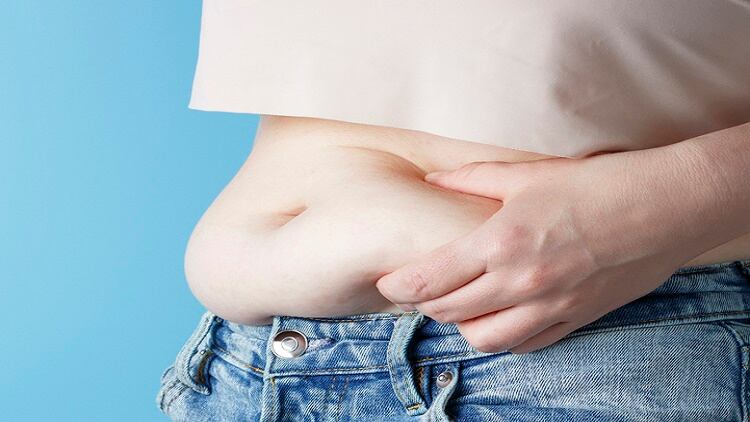The study looked at the data of 3,623 women aged 12 to 29 from the Korea National Health and Nutrition Examination Survey (KNHANES) between the year 2008 and 2014. The findings were published last month in Nutrients.
Since vitamin D is fat-soluble, it can be stored in body fat tissues, and excessive body fats can reduce the blood serum levels of vitamin D.
The researchers thus embarked on this study to find out if this is the case for obese and non-obese teenage girls and women.
It was found that obesity, defined by body mass index (BMI) and body fat percentage, was inversely associated with vitamin D insufficiency.
For example, amongst non-obese women, the average amount of vitamin D in their blood serum was 15.11 ± 5.17 ng/mL, higher than the 14.70 ± 4.79 ng/mL range seen in obese women.
Moreover, participants with a body fat percentage of more than 30% had a significantly higher prevalence of vitamin D insufficiency.
‘The prevalence of obesity, assessed based on BMI cut-off/BMI percentiles and body fat percentage, was inversely associated with vitamin D insufficiency,’
'This finding could form a scientific basis for the management and prevention of vitamin D insufficiency in adolescents and young adult women, particularly women with obesity,' the researchers said.
They added that the findings were consistent with other cross-sectional studies involving women in the US.
Causal relation?
It remains unclear if there is a causal relation can be established between low vitamin D status and obesity.
Although there is a strong association between the two, the researchers said they were uncertain of whether low vitamin D status was responsible for the development of obesity, or whether obesity would lead to vitamin D deficiency.
On the other hand, fewer outdoor activities amongst obese participants is also another possible reason for their lower vitamin D status.
The researchers also acknowledged that a number of limitations, such as the confounding effect of UV blocking cream, or season in which the vitamin D levels were measured.
However, they added that given the analysis of the seven-year data which features a nationally representative sample of Koreans, the study’s findings have a high degree of generalisability. Second, because obesity was assessed based on the BMI/BMI percentile and body fat percentage, the results are of high accuracy and reproducibility.
Source: Nutrients
Obesity and Vitamin D Insufficiency among Adolescent Girls and Young Adult Women from Korea
DOI: https://doi.org/10.3390/nu11123049
Authors: Kyong Park, et al





